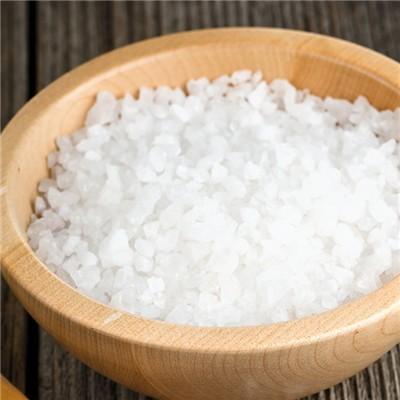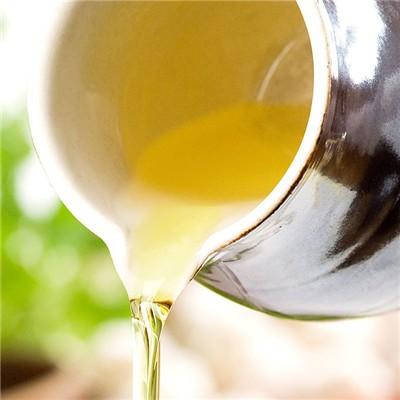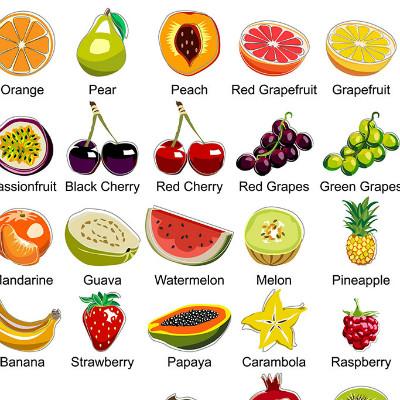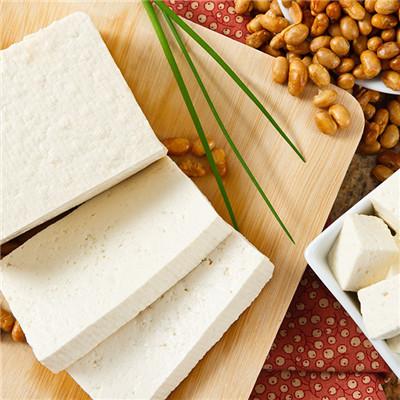Diet of patients with chronic kidney disease
summary
The treatment of kidney disease is now a lot of friends pay attention to, in the treatment at the same time to pay attention to the diet of kidney disease, kidney disease diet pay attention to what?
Diet of patients with chronic kidney disease
First: according to the degree of edema of the patient, salt should be avoided in patients with high edema, and low salt should be given in patients with reduced edema (about 3 grams per day) until the edema has subsided and the plasma protein is nearly normal.

Second: kidney disease has a large amount of albuminuria, hypoproteinemia often makes colloid osmotic pressure drop, so that the edema is stubborn. Therefore, in the case of no renal failure, attention should be paid to ensure that the daily protein intake of adults is about 0.7 ~ 1.0 g / kg body weight, which is helpful to relieve hypoproteinemia and the consequent complications.

Third, patients with nephropathy are often accompanied with hyperlipidemia. Patients with mild lesions can improve in a short time, so the fat intake is not limited. For patients with refractory nephropathy such as membranous nephropathy, long-term hyperlipidemia can cause arteriosclerosis. Therefore, hoof fat and food rich in animal fat should be limited.

matters needing attention
Intake of vitamins, calcium and trace elements: in nephrotic patients, due to the increase of glomerular basement membrane permeability, nephrotic syndrome has four major diets. In addition to the loss of protein in urine, some elements and hormones combined with protein can be lost, which can indirectly cause the lack of calcium, magnesium, zinc, etc., which can be supplemented with drugs or food.









